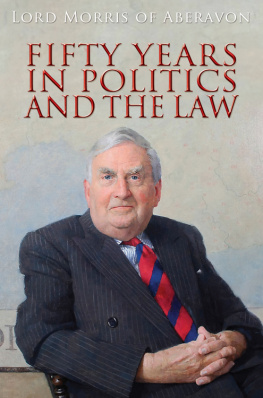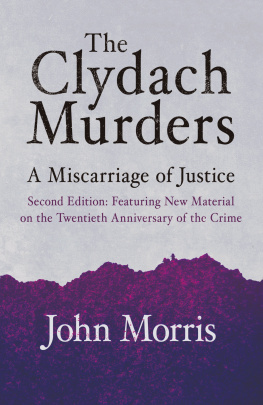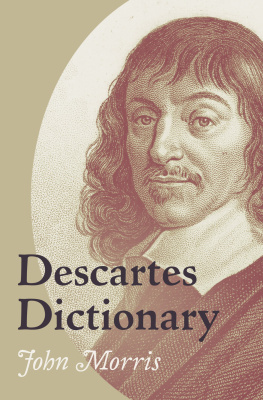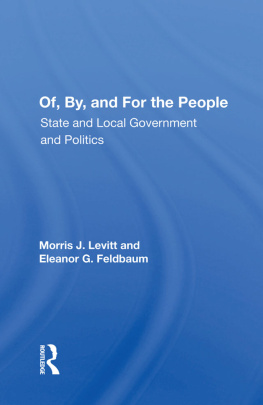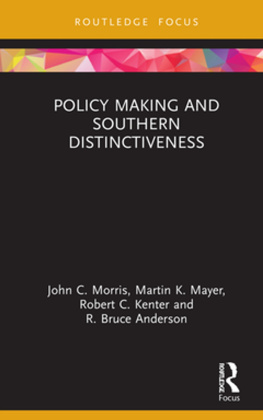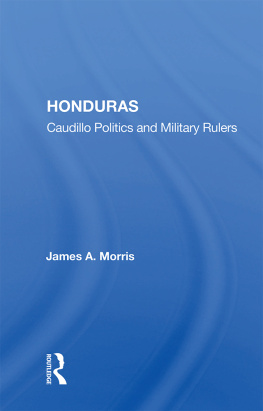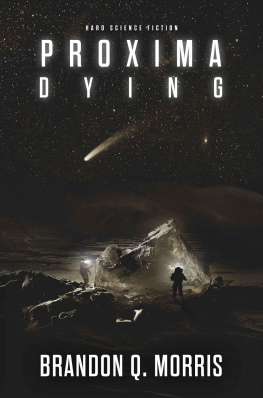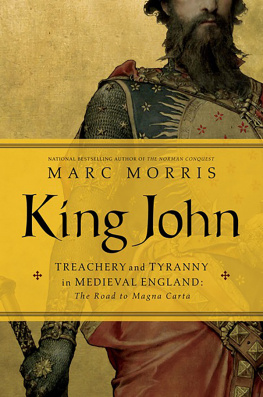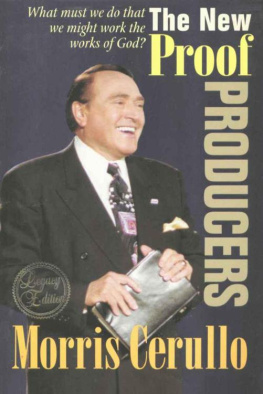To Margaret, for her encouragement and support on the long journey we have shared together.
This book is written for my grandchildren:
Harry, Charlie, Millie, Henry, Llewelyn, Arthur, Atticus, Joe-Joe and Balthazar, so that they will not forget from whence they came.
y Graig y naddwyd hwynt ohoni
ACKNOWLEDGEMENTS
I am grateful for all the help I have received in providing material and checking facts.
My friends Lord Prys-Davies, Lord Rowlands, Dr Brinley Jones and Lord Elystan-Morgan have made important observations which I have taken into account. I have also benefited from factual assistance by Sir Richard Lloyd-Jones, KCB, formerly of the Welsh Office, and a number of other senior civil servants I have worked with, but the book is, of course, my sole responsibility. The staff of the House of Lords Library, the Cabinet Office and the Attorney Generals Department have also provided considerable documentation, as well as the Public Records Office at Kew.
Lord Donoughues Diaries were an invaluable quarry for ministerial discussions in the 1970s, as were Dick Crossmans diaries for an earlier period.
My secretary, Maggie Stevenson, has been indefatigable in typing over 500,000 words and shown great patience in construing my offerings. I owe a great deal to my editor, Penny Thomas, for her valuable improvements to the text.
The Rt Hon the Lord Morris, KG, QC, 2011
All rights reserved. No part of this book may be reproduced in any material form (including photocopying or storing it in any medium by electronic means and whether or not transiently or incidentally to some other use of this publication) without the written permission of the copyright owner. Applications for the copyright owners written permission to reproduce any part of this publication should be addressed to the University of Wales Press, 10 Columbus Walk, Brigantine Place, Cardiff CF10 4UP.
www.uwp.co.uk
British Library CIP Data
A catalogue record for this book is available from the British Library
ISBN 978-0-7083-2418-9
e-ISBN 978-0-7083-2636-7
The right of the Rt Hon the Lord Morris, KG, QC, to be identified as author of this work has been asserted by him in accordance with sections 77 and 79 of the Copyright, Designs and Patents Act 1988.
Designed by Chris Bell
MY FATHER DIED on Christmas Eve 1937, leaving my mother with three children under seven.
He had been a farmer and a noted breeder and judge of Welsh stock, according to the Western Mail of the day. He had won some of Waless premier awards no mean achievement for a small producer. He died having apparently been struck by a fatal germ when judging Highland and Welsh cattle at the Smithfield Fat Stock Show in London. Antibiotics were things of the future. He was forty-four. His death was to have a profound influence on the young lives of my brothers and myself.
Sadly I have little memory of him I do recall a large happy gathering of London family and friends for a Christmas wedding a year earlier at our lowland farm Penywern, Talybont, Cardiganshire, overlooking the Dyfi Estuary. I also remember him taking me to my maternal grandparents on a Sunday evening, at their farm, Dolcniw Capel Bangor, where I was born, so I could be ready for school. This was always a bit of a wrench, I had a birthday party there when I was six and my father and mother came over to take me home afterwards, just weeks before he died. He was a good horseman and a first class shot our home was full of stuffed animals, as was the custom of the period. I have inherited his interest in shooting, with less success. On the farm he was in charge of the horses with his workmen; I remember him binding the corn, handling two horses while sitting high on the corn-binder, as seen from a small boys perspective. I also remember sitting with him in the deacons seat in his chapel on a Sunday morning, the best place to keep me quiet with pencil and paper.
It was riding his horse or motorcycling to one of his hill farms some ten miles away that he met my mother, Olwen. Apparently on one occasion he suffered unbearable toothache while driving his sheep to a hill farm and called on Dr Williams at nearby Trerddol. The doctor said, hold this candle, my boy, and promptly did an extraction. My mother was a London-trained district nurse and midwife in Glandyfi, Cardiganshire, which was conveniently on the way to the farms.
My mother was a brave and resourceful woman. She successfully let our farms as the agricultural depression was coming to an end and moved to one of my grandfathers farmhouses, Bwlch, twenty miles away. During the war she was occasionally the unofficial and unpaid district nurse in her new area in Capel Seion and anybody who called was given help.
Within a few years she married a neighbouring farmer, Evan Lewis, and together they brought us up. We could not have had a better stepfather and my gratitude to him is immense. They made sacrifices to see me through two universities, and I am grateful to my mother and also my grandmother for having nurtured whatever genes of public service I inherited.
My mother had six boys and one daughter, with all of her sons becoming farmers except me; I suppose I am the black sheep of the family. We all marvel now at how she organised the feeding and clothing of us all, as well as steering us onto our careers. I have no idea how she had the energy to achieve it all.
One of the regrets of my life is that the demands of a constituency, ministerial life and my profession have denied me the opportunity to try my hand at farming, though I came very near to acquiring a farm once. Common sense prevailed, but to follow mans first craft, crefft gyntaf dynolryw, would have given me immense pleasure.
But it was my maternal grandfather, Eliazar Edwards, who had the biggest influence on me. When I went to school at five and a half, I and my brother Tom lived with our grandparents during the week, at their home some fifteen miles away. It was thought that my fathers farm was too remote from the local school. This continued until I was sixteen; I only returned home full-time when my mother went into hospital for nearly a year after the birth of my sister, so that I could help to care for the family.
My grandfather sold milk in Aberystwyth, some four or five miles away, and the greatest pleasure I had was to go with him on his rounds. A neighbour would bring his milk for us to sell as well. He would ford the river Rheidol on a pony and trap, provided it was not in flood.
My grandfathers family were originally lead miners. Baroness Symons is a blood relative; she very properly referred to me once in the House as her kinsman. When the lead was no longer mined and his mother, another midwife, died, my grandfather went with his father over the hills to the Rhondda to dig coal at the age of thirteen. Two of his brothers qualified as mining engineers in the Rhondda, presumably at whatever facilities pre-dated the School of Mines, the origin of the University of Glamorgan, of which I am now Chancellor. My great uncles eventually emigrated to the South African gold fields and their descendants were kind to us during the war, sending very welcome food parcels.
My grandfather left the pits to work in insurance and married my grandmother, who was the daughter of a Rhondda farmer and builder. Many years later I was to inherit one of the small houses he built in Gunnor Place in the Rhondda named after Llangunnor in Carmarthenshire. He originally came from Llangain in that county.


